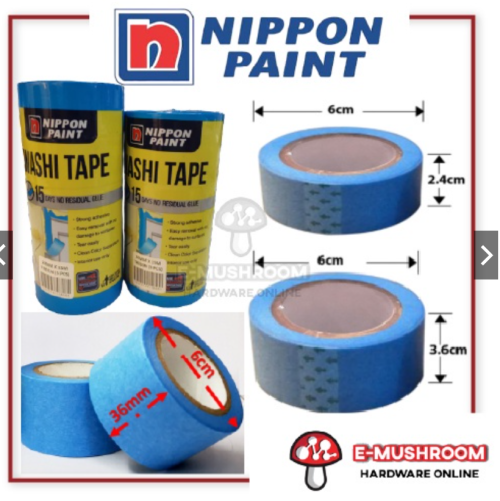QUOTE(horns @ Jul 17 2023, 07:24 PM)
imo, soldering/desoldering tools that are good for manual work flows are sufficient for hobbyist usage. it doesn't matter if the technologies used are old or new. both will work fine. in my case, none of my builds actually failed and required repairs/massive overhauls. my desoldering jobs are mainly to 'fix'/tune inconsistent key switches only. (a.k.a., 'tangan gatal')
of course, if you can afford professional or industrial grade tools, you can always go ahead. years ago, clones were problematic, mainly due to inconsistent behaviors and qualities that impact performance of such tools. the results were inconsistent as well because of that. back then, the common soldering irons were based on t18 tips, and the ones with t12 tips were expensive; some of these clones had bad heat conductivity, and couldn't maintain consistent heat transfer during operations; clones of desoldering pumps were also like sucking air only, not solder. to prevent bad things from happening to beginners, again, decent, safer, but relatively expensive choices were promoted.
today, there are clones with parts that are relatively decent and affordable. there might still be gaps compared to professional/industrial grade offerings, but they are mostly good enough for hobbyists.
also, as long as you stick to the basic rules of soldering/desoldering, and maintain them accordingly, even the tips can survive for a long time. my tips are still performing well. (they are still the stock tips. i don't need to replace them yet)
edit: back in the older days, it was a fun, but risky and hellish experience haha. there were plenty of bitter sweet memories, but then, many still survive.
I'm in complete agreement with this. I have just completed the replacement of the RK browns on my RK61 with my balance Akko Jelly purples. Those switches needed to be desoldered and I totally find the process of desoldering not as difficult as anticipated using the silicone tip desoldering pump. Using just a simple standard stock tip is already quite usable and in a hobby setting, it is more that sufficient. It is not like I'm soldering and desoldering daily, unless I'm looking at many many boards, then getting a vaccum type desoldering tool does speed up the process.
As a side note, I'm currently trying to daily drive that RK61. Even with the standard key combo on the RK61, I'm pleasantly surprised that I'm liking it more and more. those function row accessibility using the FN key combo is unexpectedly easy for me. It is more of the Pg Up, Pg down, end, home key that needs some additional customization that the RK61 does not allow.
Come to think of it, using or getting 60% or 65% boards seems to be cheaper in comparison to a TKL. Of course, a smaller board using lesser material will cost lesser, but I read from your previous post there are good quality 60% generic" boards that are very affordable and when I browse for a TKL, it does not seem to have a "generic" board per se, or am I looking wrongly.
Probably I would check and join some "lower" cost 60% boards GB and check them out. Now going to get a metal board to try it out.
A note on tuning stabs, I tried out popular choices like super lube, permatex, 205G0. For the new TX AP, using a thin coat of 205G0 seems to be the suitable for it as using super lube does make it slightly more sluggish. As for other not so tight fit stabs, I find using super lube is easier and the feel is just nice, while using the permatex (which is significantly more viscous) easily makes the stabs sluggish. My method of lubing the wires and wire hole on the stem, I just squeeze the super lube into the stem hole until it is full and just a spread of lube on the wire.


 Jul 13 2023, 06:51 PM
Jul 13 2023, 06:51 PM

 Quote
Quote
 0.1065sec
0.1065sec
 0.33
0.33
 7 queries
7 queries
 GZIP Disabled
GZIP Disabled